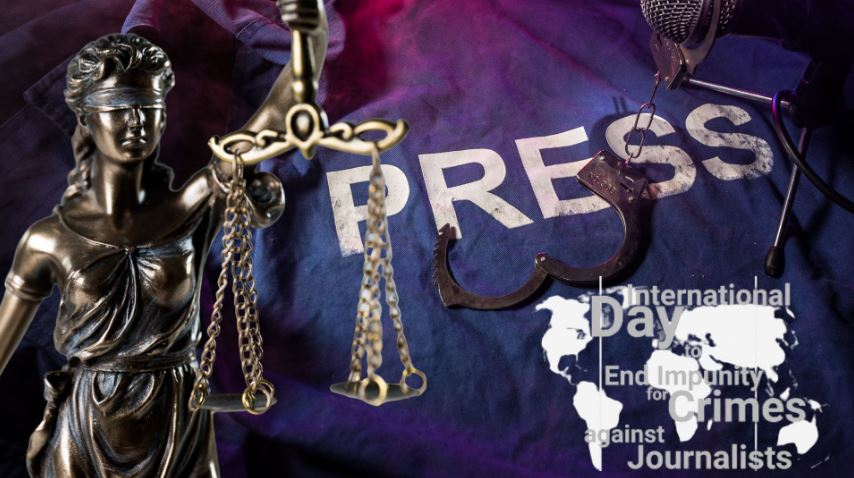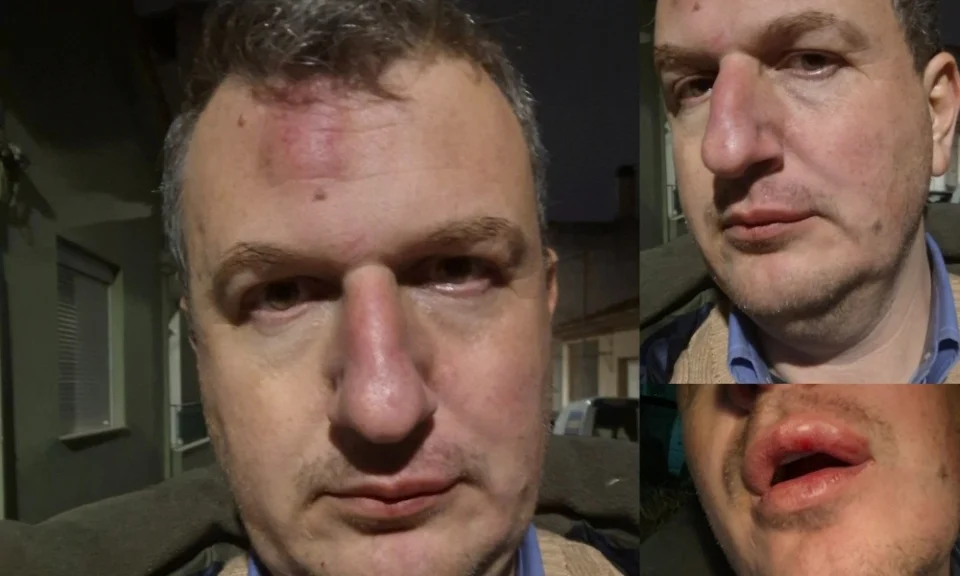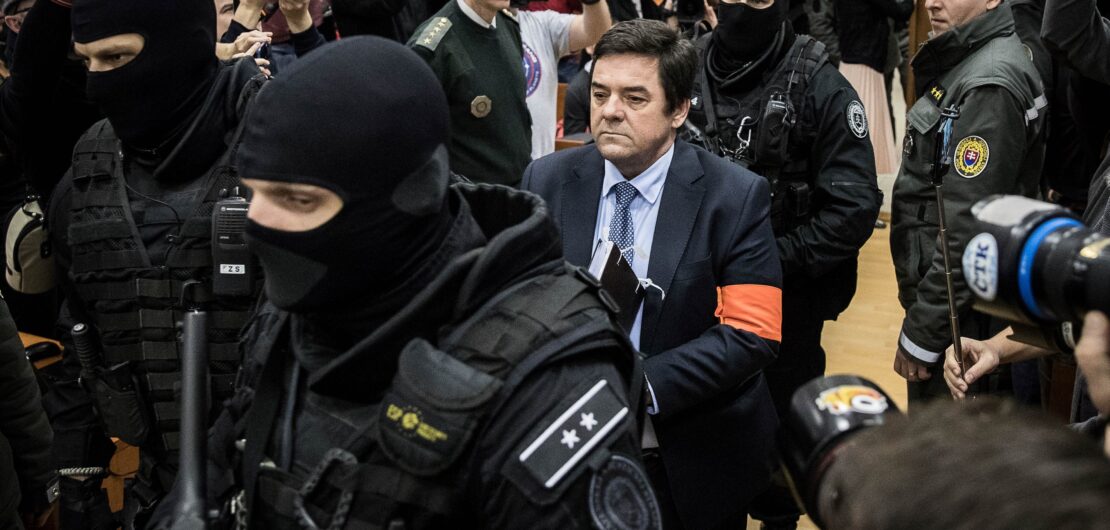
When Tax Codes Become Silencing Tools: Financial Laws as a Press Freedom Threat
October 17, 2024
Undermining Press Freedom: The Repeated Detention of Thomas Allan Zgambo
October 18, 2024October 18, 2024 – UK –
British counterterrorism police raided the North London home of Asa Winstanley, associate editor of The Electronic Intifada, seizing his electronic devices under suspicion of “encouraging terrorism.” Officers from the Metropolitan Police’s Counter Terrorism Command arrived at dawn and confiscated seven items, including laptops, phones, and hard drives, without arresting or formally charging Winstanley. The warrant cited Sections 1 and 2 of the Terrorism Act 2006 and referenced Winstanley’s social media commentary, though he was not accused of any violent activity.
The raid provoked outrage among press freedom advocates. The National Union of Journalists (NUJ), the International Federation of Journalists (IFJ), and the Committee to Protect Journalists (CPJ) condemned the action as a misuse of anti-terror laws to intimidate a journalist critical of Israel’s actions in Gaza. Winstanley is known for reporting on Israeli policy, UK complicity, and the suppression of Palestinian rights.
In May 2025, London’s Recorder, Judge Mark Lucraft KC, ruled the warrant unlawful, citing multiple procedural failures and the lack of safeguards for journalistic material. He denied the police’s request for a production order that would have compelled Winstanley to surrender documents and ordered the return of all seized devices. Winstanley’s legal team hailed the ruling as a major victory for press freedom and a rebuke of the state’s attempt to criminalize journalism.
Despite the legal win, the police investigation remains open, a fact that continues to cast a shadow over Winstanley’s reporting and safety. The case has amplified concerns about how the UK’s broad anti-terror legislation is increasingly used to target journalists, particularly those reporting on sensitive geopolitical topics like Palestine.
Winstanley has called for an apology and formal closure of the case, warning that such state overreach threatens not only individual journalists but the broader right to report freely. His experience underscores the urgent need for legal reforms that better protect journalists from surveillance, intimidation, and censorship in democratic societies. Unless addressed, the chilling effect could erode public interest journalism at its core.
Reference –




